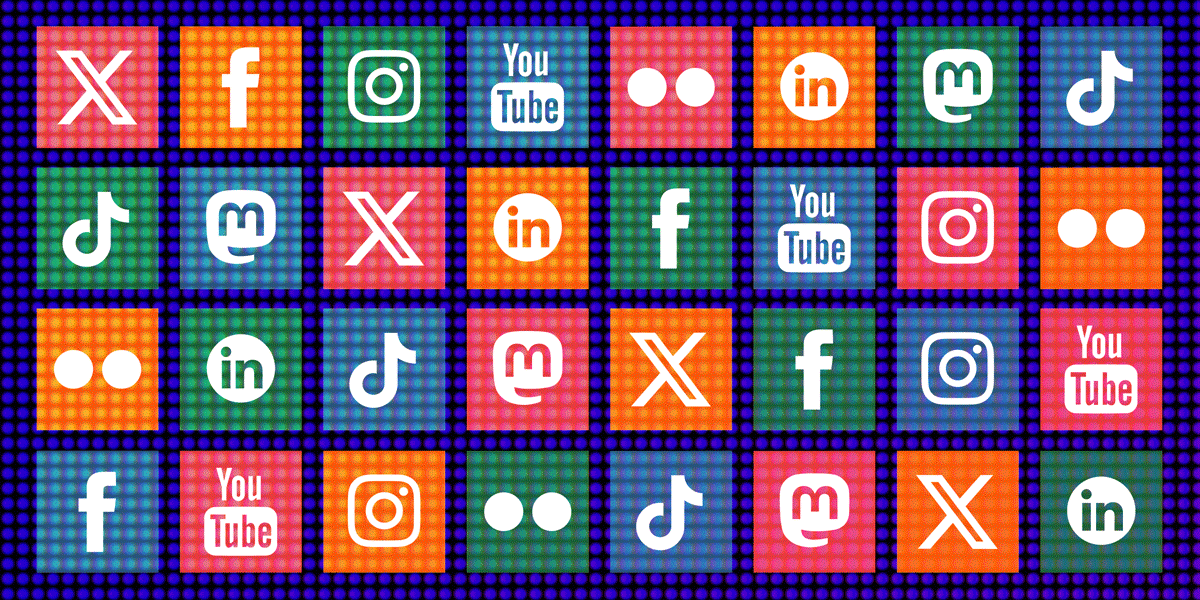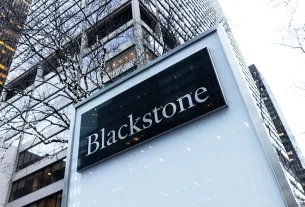Legal intern Muhammad Essa Fasih contributed to this post.
Social media is a crucial means of communication in times of conflict—it’s where communities connect to share updates, find help, locate loved ones, and reach out to express grief, pain, and solidarity. Unjustified takedowns during crises like the war in Gaza deprives people of their right to freedom of expression and can exacerbate humanitarian suffering.
In the weeks since war between Hamas and Israel began, social media platforms have removed content from or suspended accounts of Palestinian news sites, activists, journalists, students, and Arab citizens in Israel, interfering with the dissemination of news about the conflict and silencing voices expressing concern for Palestinians.
The platforms say some takedowns were caused by security issues, technical glitches, mistakes that have been fixed, or stricter rules meant to reduce hate speech. But users complain of unexplained removals of posts about Palestine since the October 7 Hamas terrorist attacks.
Meta’s Facebook shut down the page of independent Palestinian website Quds News Network, a primary source of news for Palestinians with 10 million followers. The network said its Arabic and English news pages had been deleted from Facebook, though it had been fully complying with Meta’s defined media standards. Quds News Network has faced similar platform censorship before—in 2017, Facebook censored its account, as did Twitter in 2020.
Additionally, Meta’s Instagram has locked or shut down accounts with significant followings. Among these are Let’s Talk Palestine, an account with over 300,000 followers that shows pro-Palestinian informative content, and Palestinian media outlet 24M. Meta said the accounts were locked for security reasons after signs that they were compromised.
The account of the news site Mondoweiss was also banned by Instagram and taken down on TikTok, later restored on both platforms.
Meanwhile, Instagram, Tiktok, and LinkedIn users sympathetic to or supportive of the plight of Palestinians have complained of “shadow banning,” a process in which the platform limits the visibility of a user’s posts without notifying them. Users say the platform limited the visibility of posts that contained the Palestinian flag.
Meta has admitted to suppressing certain comments containing the Palestinian flag in certain “offensive contexts” that violate its rules. Responding to a surge in hate speech after Oct.7, the company lowered the threshold for predicting whether comments qualify as harassment or incitement to violence from 80 percent to 25 percent for users in Palestinian territories. Some content creators are using code words and emojis and shifting the spelling of certain words to evade automated filtering. Meta needs to be more transparent about decisions that downgrade users’ speech that does not violate its rules.
For some users, posts have led to more serious consequences. Palestinian citizens of Israel, including well-known singer Dalal Abu Amneh from Nazareth, have been arrested for social media postings about the war in Gaza that are alleged to express support for the terrorist group Hamas.
Amneh’s case demonstrates a disturbing trend concerning social media posts supporting Palestinians. Amneh’s post of the Arabic motto “There is no victor but God” and the Palestinian flag was deemed as incitement. Amneh, whose music celebrates Palestinian heritage, was expressing religious sentiment, her lawyer said, not calling for violence as the police claimed.
She received hundreds of death threats and filed a complaint with Israeli police, only to be taken into custody. Her post was removed. Israeli authorities are treating any expression of support or solidarity with Palestinians as illegal incitement, the lawyer said.
Content moderation does not work at scale even in the best of times, as we have said repeatedly. At all times, mistakes can lead to censorship; during armed conflicts they can have devastating consequences.
Whether through content moderation or technical glitches, platforms may also unfairly label people and communities. Instagram, for example, inserted the word “terrorist” into the profiles of some Palestinian users when its auto-translation converted the Palestinian flag emoji followed by the Arabic word for “Thank God” into “Palestinian terrorists are fighting for their freedom.” Meta apologized for the mistake, blaming it on a bug in auto-translation. The translation is now “Thank God.”
Palestinians have long fought private censorship, so what we are seeing now is not particularly new. But it is growing at a time when online speech protections are sorely needed. We call on companies to clarify their rules, including any specific changes that have been made in relation to the ongoing war, and to stop the knee jerk reaction to treat posts expressing support for Palestinians—or notifying users of peaceful demonstrations, or documenting violence and the loss of loved ones—as incitement and to follow their own existing standards to ensure that moderation remains fair and unbiased.
Platforms should also follow the Santa Clara Principles on Transparency and Accountability in Content Moderation notify users when, how, and why their content has been actioned, and give them the opportunity to appeal. We know Israel has worked directly with Facebook, requesting and garnering removal of content it deemed incitement to violence, suppressing posts by Palestinians about human rights abuses during May 2021 demonstrations that turned violent.
The horrific violence and death in Gaza is heartbreaking. People are crying out to the world, to family and friends, to co-workers, religious leaders, and politicians their grief and outrage. Labeling large swaths of this outpouring of emotion by Palestinians as incitement is unjust and wrongly denies people an important outlet for expression and solace.



